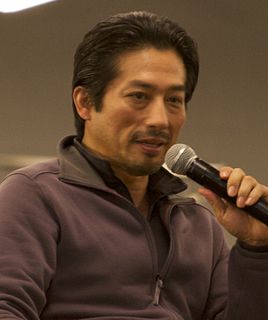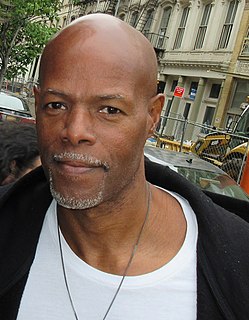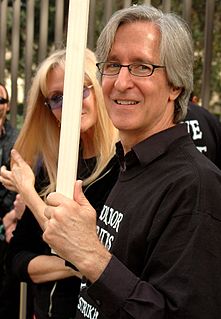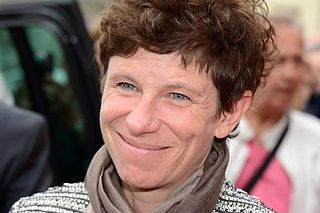A Quote by Andy Serkis
The difference between the big budget films I've done is the length of time. But in terms of the day-to-day, you're still going on to set, you're getting into character, and you're going and doing your job, so there's absolutely no difference. It's just the structure around it and the length of time. But in terms of budget and money, it doesn't really manifest itself.
Related Quotes
People talk about the difference between working on stage and working on film. I think you could say that there are as many differences between working on low budget films and working on big budget films. You really are doing the same thing, but at the same time you're doing something vastly different as well.
The difference between working on Asian and American films is in the producer and director; everyone has their own style. But, Hollywood has a lot more money; they can spend a lot on films, and time. In Europe, there's a small budget and thinking about commercial. Only budget and taste is different between there and Hollywood.
My biggest difference with our film and those kinds of science fiction films is that they are going from one special effect set piece to the next, what we were doing was more of a character study. And I think that is the freedom that you get by doing an Indie film. You can only really do that with a lower budget. So I understand where the conflict is between those two priorities.
It's very different doing a food show in America and doing one in Britain. I did a 20-part series for the BBC series called 'Eating With the Enemy.' The budget for all 20 episodes was probably the budget for a single episode of 'Top Chef.' It's the difference between making a home movie in your backyard and going to Hollywood.
I'll tell you what's funny about it [NSA wiretapping]: They tell us we got to cut the budget; we have to have budget rollback. We're going to cut the budget on air traffic control, and every once in a while your plane is going to be delayed for three hours. But we do have the money laying around to hire people to read your emails and listen to your phone conversations. That just doesn't make any friggin' sense at all.
[Having bigger budget] allowed me to be a full-time filmmaker for a couple months and not have to have a day job and be balancing a bunch of other stuff. It allowed me to bring in all these people from different parts of the country. It allows me to have an actual food budget, where we could eat healthy for the month we were shooting. It makes all the difference in the world.
A budget is not an issue. I mean a budget is used if you need more weeks or more time or more elements, but the creative process is exactly the same. In some instances you become more of a boss when you are doing a small movie. So that is not so relevant. The only thing is that the bigger a movie is in terms of budget, is that there are more people giving opinions.



































